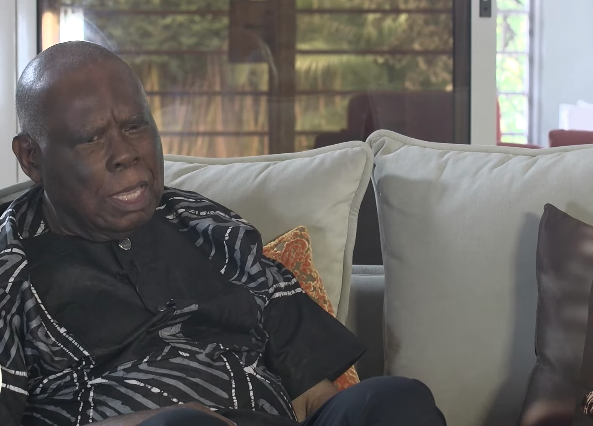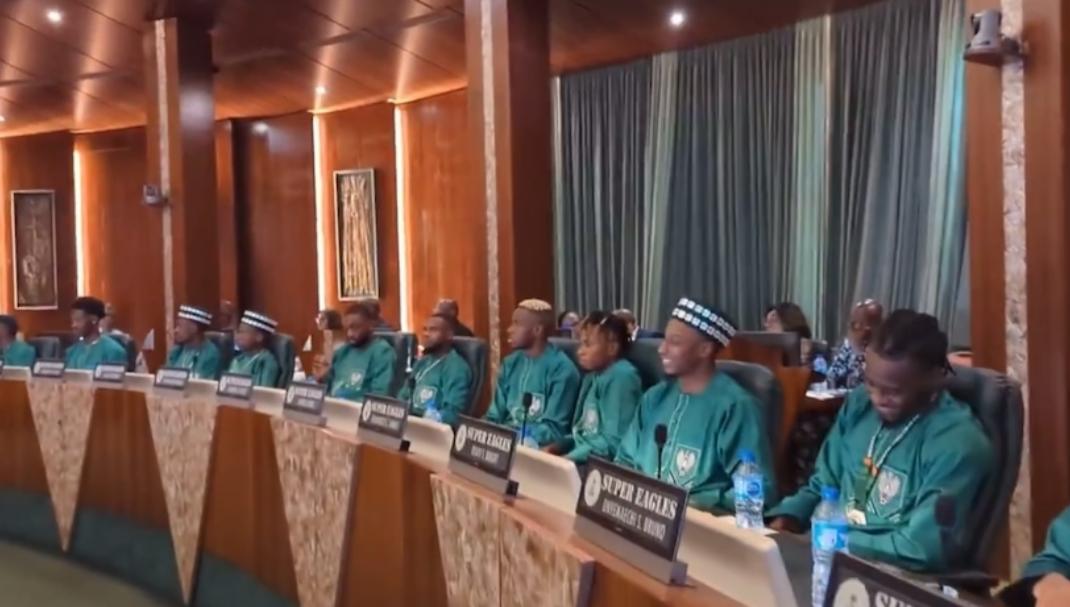“…the prayer of everyone is that your children should survive you. My parents are likely to leave before me.” Those were the words of Shyngle Wigwe in an interview he granted together with his wife Stella in 2018.
The couple had then been married for 56 years, and just as they hoped that they survived their parents, they also prayed that their children survived them.
However, death robbed them of a child in their old age, even though they had already buried a son 27 years ago.
FROM ENGINEERING TO MILITARY CAPTAIN
Advertisement
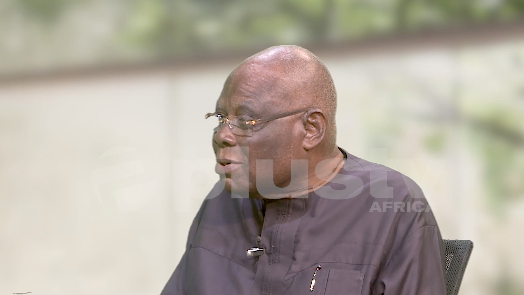
Shyngle was born on October 8, 1934, to the family of Augustus Wigwe, a police officer, and Watuze Wigwe in Isiokpo, Rivers state.
He attended Okrika Grammar School between 1949 and 1953, after which he proceeded to Yaba Technical Institute (now Yaba College of Technology) from 1957 to 1959, where he learnt engineering.
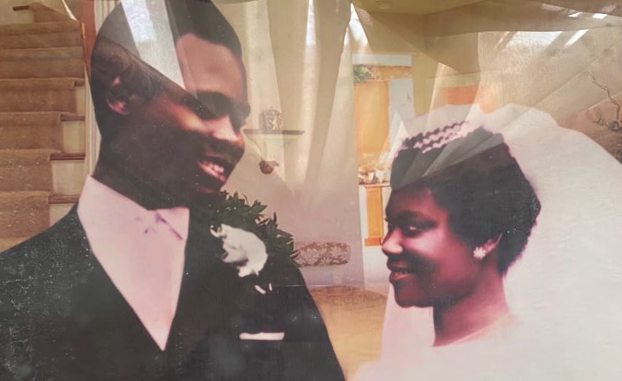
He joined the Nigeria Broadcasting Corporation (NBC) in 1954 before moving to England in 1959, when he got the BBC training course as well as a federal scholarship. He studied at Southampton Technical College, UK, from 1960 to 1962, and at the University of Pittsburgh until 1979.
Advertisement
Recounting how he joined the military during a church service to commemorate his 80th birthday, Shyngle said he just made up his mind one day in 1963, left home a civilian, and returned a soldier.
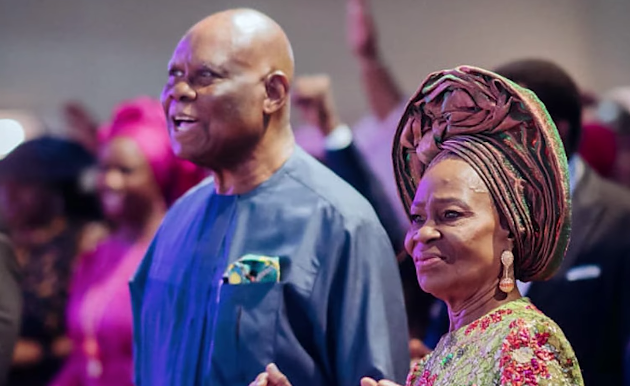
“On this particular day, I made up my mind and left my wife at home with a baby. I’m talking about the year 1963. I left them at home, went to the military and they gave me a letter of appointment. I left the home a civilian, but by the time my wife would see me at about 3 o’clock, I had become a soldier,” he said.
He was a military officer colleague of Olusegun Obasanjo and Chukwuma Kaduna Nzeogwu in Kaduna at the time of Nigeria’s first military coup in January 1966.
According to him, he had an encounter with Nzeogwu shortly before the coup that would have cost him his life had he spoken about it at that time.
Advertisement
“When I was in the army, I was sent to Kaduna on a short posting to man the one brigade workshop. There, I shared a flat with Major Chukwuma Kaduna Nzeogwu, one of the leaders of the 1966 coup. There was a particular day a brigadier summoned me to his office and spoke derogatorily against the Igbos and the GOC (General Officer Commanding) then, General Aguiyi Ironsi. I felt bad about that, and I related it to Nzeogwu who tried to calm me down, promising that he would deal with the brigadier and his likes very soon. I didn’t know how he was going to do that being just a major,” he recounted in a 2017 publication titled ‘There is Wisdom in Silence’.

“But shortly after I returned to Lagos, there was a coup and without knowing those who were behind it, I reasoned that Nzeogwu must have done this! But I didn’t say it out. If I had, I would have been arrested as part of the coup plotters and probably killed because soon after, it was announced that the leader of the coup was Nzeogwu. I would have been arrested and accused of having knowledge of the coup plan. But thank God that I didn’t say anything in the hearing of anyone.
“That taught me a lesson: if you want to keep your life, you have to keep your mouth shut. When you open your mouth too wide, you are heading for destruction. That is why I don’t talk anyhow. I advise people to watch their tongues.”
Shyngle also fought the civil war of 1967 on the side of Biafra, quitting his career in the military as a captain at the end of the war in 1970.
Advertisement
“After the Civil War, those who were Nigerian Army officers but then fought on the side of Biafra were screened. Some of us who were willing were reabsorbed into the Nigerian Army, but I refused to return to the army,” he said.
“Eventually, I was discharged with all my entitlements. I asked my wife to live with her parents in Calabar, Cross River state, while I stayed in Port-Harcourt. I then took a decision to work for myself. I searched for contracts and I got one: the construction of drainage along Aba Road, in Port Harcourt.”
Advertisement
FROM MILITARY TO MEDIA
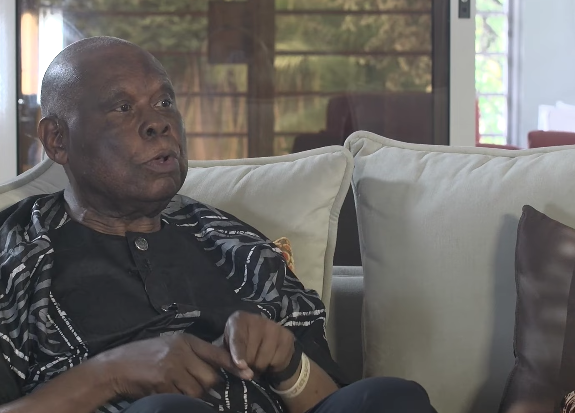
He joined NTA as a broadcast engineer and served in Rivers state. He was also a senior lecturer at the Federal Radio Corporation of Nigeria engineering training school in Lagos. Shyngle rose through the ranks as general manager of NTA Port-Harcourt to become director-general of the organisation.
Advertisement
“NTA was a delight to work in; that was the first choice of every school leaver — to work in broadcasting. We worked as a team and produced unique programmes, programmes I don’t see anymore yet we have so many stations,” he said.
“NTA as an institution was focused on national development, how to use broadcasting as a tool for national development. Most of us forgot where we came from and concentrated on the type of programmes we produced for uniting the country. That was the time we had Samanja, Ijokwu, The Masquerade, Sunset at Dawn with the sole aim of building a united country.”
Advertisement
LOST HIS SONS

Shyngle took his Christian faith very seriously and was a pastor of the Redeemed Christian Church of God. According to him, he joined the church and became born again after following his wife to service.
He was attending a ministers’ conference on June 5, 1997, when Osita, his first child, died in a road accident while travelling from Lagos to Port Harcourt.
Osita was 34 years old.
“I never sweated like that in my life before and I didn’t think it was going to happen to me. For weeks, I couldn’t go up to the altar. I went, then I wept, and I came down. It was like somebody took a pair of forceps to draw out your heart from you,” he said.
“That boy was one in a million. He had the attributes of a daughter; he had the attributes of a son. He was a solution provider to all family problems. If I had him, I thought I had everything. For quite some time, I didn’t feel life was worth living anymore. We spoke as brothers, not as father and son.”
On February 9, Shyngle lost his son, Herbert, along with his wife and son, in a helicopter crash in the US.
Asked how he was able to raise six disciplined and successful children, Shyngle said: “As a rule, I phone these children on a daily basis, till this morning.”
